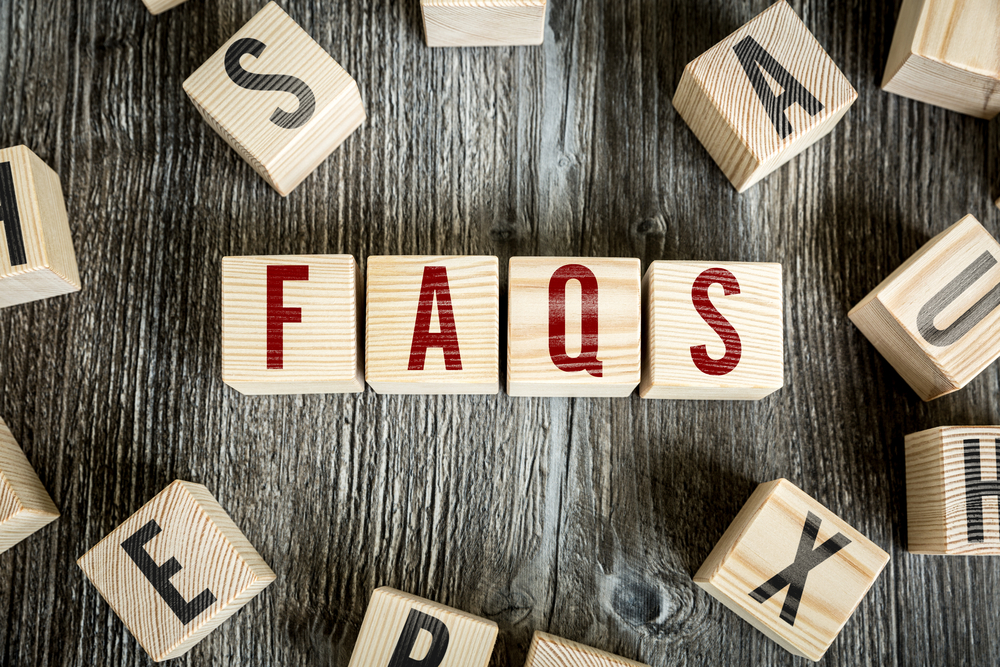
Here to help you..
Ask us any real estate industry-related question by calling 24/7 #888-385-0087
Q1: What type of license do I need to work in the real estate industry?
Q2: How do I obtain a real estate license?
A: You'll typically need a state-issued real estate license to work as an agent or broker. Requirements vary by state, so be sure to check with your local real estate regulatory agency for specific details.
Q3: What is the difference between a real estate agent and a broker?
A: A real estate agent is licensed to assist buyers and sellers with the purchase or sale of real estate, while a broker is licensed to own and operate a real estate brokerage, and may supervise agents and other brokers.
A: To obtain a real estate license, you'll need to complete pre-licensing education, pass a state licensing exam, and meet other state-specific requirements, such as background checks and application fees.
Q4: How do real estate agents get paid?
A: Real estate agents typically earn a commission on the sale of a property, which is usually a percentage of the sale price. The commission is split between the buyer's and seller's agents, and is paid by the seller at closing.
Q5: How do I find clients as a new real estate agent?
Q6: What kind of education and training do I need to succeed in the real estate industry?
Q7: What kind of support and resources are available to real estate professionals?
A: Networking, advertising, and marketing are all effective ways to find clients as a new real estate agent. You can also join a brokerage that provides leads and training. The National Association of REALTORS reports that the majority of clients for REALTORS still comes from referrals.
A: Continuing education and training are essential for success in the real estate industry. You should stay up-to-date on the latest laws, regulations, and market trends, and consider taking courses and workshops to enhance your skills and knowledge.
A: There are many resources available to real estate professionals, including professional associations, mentorship programs, and online forums. Additionally, most brokerages provide training, marketing support, and other resources to help their agents succeed.
